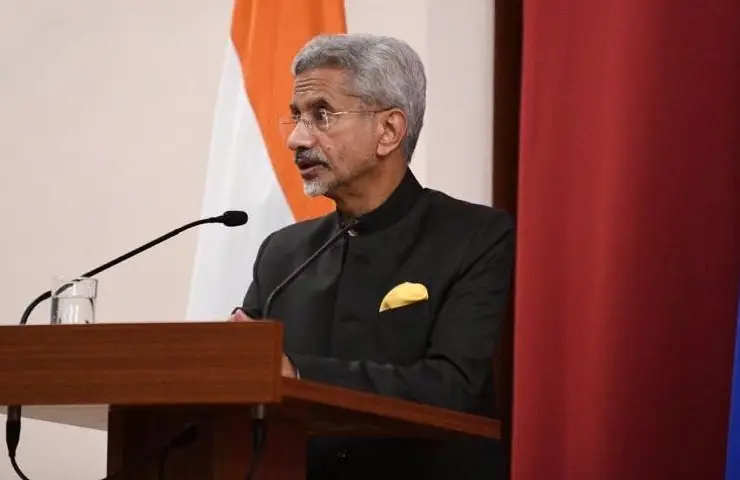

External Affairs Minister S Jaishankar
While delivering his remarks at the MIREX, the Ministry of Foreign Affairs of the Dominican Republic, External Affairs Minister S Jaishankar said that India has always been a staunch votary of multilateralism. India believes that this is fundamental to the maintenance of global order.
“The challenge however is the resistance to reforming multilateralism particularly the working of the United Nations and its bodies. The longer this carries on, the weaker multilateralism will become,” Jaishankar said. “The growth of multilateralism and plurilateral. More countries are going to find arrangements among themselves on pressing issues when they find that the United Nations cannot rise to a challenge,” he said firmly.
He said that India is overall a nation that is deeply committed to promoting collective solutions for global good.
“Our Presidency of the G20 this year is devoted to focusing on the real challenges to Global Development and Global growth,” Jaishankar added.
For the first time in 2015, Prime Minister Modi articulated a comprehensive view that spanned the entirety of the Indian Ocean and its Islands. These subsequently became the building block for the Indo-Pacific vision that emerged thereafter. To the north, India has been similarly pursuing a strategy of connecting to Central Asia more effectively and this has taken the form of structured engagements across multiple domains, Jaishankar said.
“These concentric circles of priority give you a conceptual sense of Indian diplomacy and one that we have pursued very assiduously over the last decade. But at a higher level, we are also practising the approach of engaging all significant centres of power, such multi-alignment reflects the reality of multipolarity,” he added.
“When India looks at other regions be it Africa, the Pacific or Latin America much of what is happening can be explained as the emergence of India’s potential global footprint. In many cases, it results from autonomous forces, such as business or mobility. In others, it is part of a more considered strategy of deeper engagement. As an illustration, in recent years, we have opened 18 new embassies in Africa alone. Our development partnership today covers 78 countries and is reflected in almost 600 projects globally.”
Prime Minister Narendra Modi interacted with members of the Indian diaspora here on Wednesday as…
The city of Hamburg in Germany is set to host the 11th edition of India…
The International Atomic Energy Agency (IAEA) has confirmed that two Iranian centrifuge production facilities, TESA…
The human rights department of the Baloch National Movement (BNM), Paank, has strongly condemned the…
In a major boost to India's coastal defence capabilities, the Indian Navy on Wednesday commissioned…
Volker Turk, the UN High Commissioner for Human Rights, on June 17 expressed concern over…